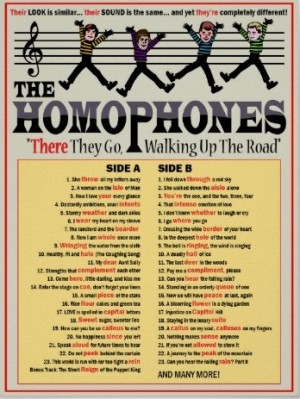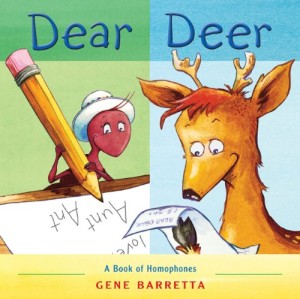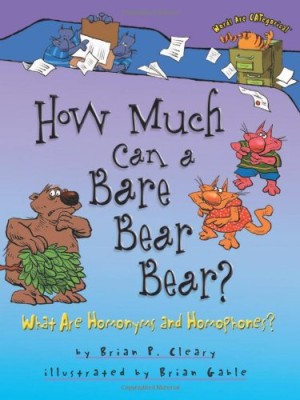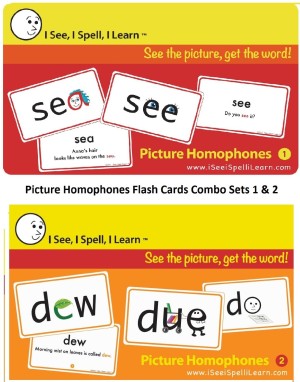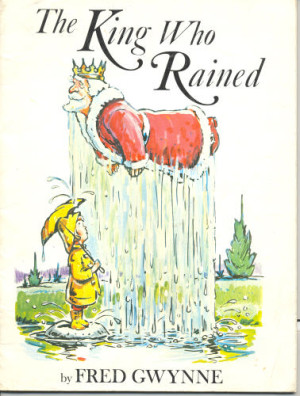When putting together our homophones list, we had to decide on some guidelines for which words should be classified as homophones and which would be left off the list.
To give you an idea for how we created the list, here are some of the rules we had:
1. One word (usually!)
We haven’t included homophones where they’re split into two words or more. For example, we haven’t included ‘realize’ and ‘real eyes’.
Having said that, we have included some contractions like ‘I’ll‘ and ‘he’d‘.
2. No prefixes or suffixes
We haven’t included every single possible homophone that can be created be adding -ing, -ed, -er, etc to the end or re-, un-, etc to the beginning, nor have we listed the plurals of words. Those types of words are still valid homophones, we simply didn’t include them as the list would otherwise have been endless!
The exception to this is where other homophones are created that aren’t based solely on prefixes or suffixes being added. For example, one set of homophones is ‘tea‘, ‘tee‘ and ‘ti‘. We then included another set of homophones based on these words being pluralized, as another word can then be included: ‘teas‘, ‘tees‘, ‘tis‘ and ‘tease‘.
Another exception is where the more common variant of the word is based on it being a plural or having some other kind of prefix or suffix. For example, we chose to use ‘genes‘ and ‘jeans‘ as the homophones listed, rather than ‘gene’ and ‘jean’.
3. Accents and dialects
If you’re reading through the list and think “But those words aren’t pronounced in the same way!” there’s a good chance that they do sound the same way to some people, just not necessarily yourself. This will usually be due to regional or country accents or dialects.
For example, the word ‘buoy‘ is pronounced ‘boo-ee’ in the US, but on our list we’ve said that it’s a homophone of ‘boy‘. The reason for this is that in the UK (and possibly other English speaking nations), it’s actually pronounced ‘boy’.
4. Spelling differences
We’ve not included homophones where the words mean exactly the same thing but are simply spelled differently. One example of this would be ‘aunty’ and ‘auntie‘.
5. Incorrect pronunciation
We’ve not included homophones that only sound the same when pronounced incorrectly.
What do we mean by this? My wife was teaching homophones in a school once and asked the kids if they could think of any homophones. One boy put his hand up and said, “Free. As in, buy one get one free and the number free.”
That’s sadly a true story!
6. Homonyms
We haven’t included words that are also homonyms, unless there’s an alternative spelling of the word that’s an equally valid homophone.
For example, we haven’t included the word ‘left’ on the list, even though – strictly speaking – it is a homophone as it means both ‘the opposite of right’ and ‘what is remaining’.
On the other hand, we have included the homonym ‘rose‘ on the list, which can be both a flower and what happened to bread in the oven because you added yeast. This word made the list as it has an additional homophone of ‘rows‘.
~
We hope that explains how we created our list. If you think we’ve missed some homophones off though, we’d love to hear from you. You can submit your homophone suggestions here – if it makes our list, we’ll give you credit on the list page 🙂
Make sure you check out our complete homophones list.